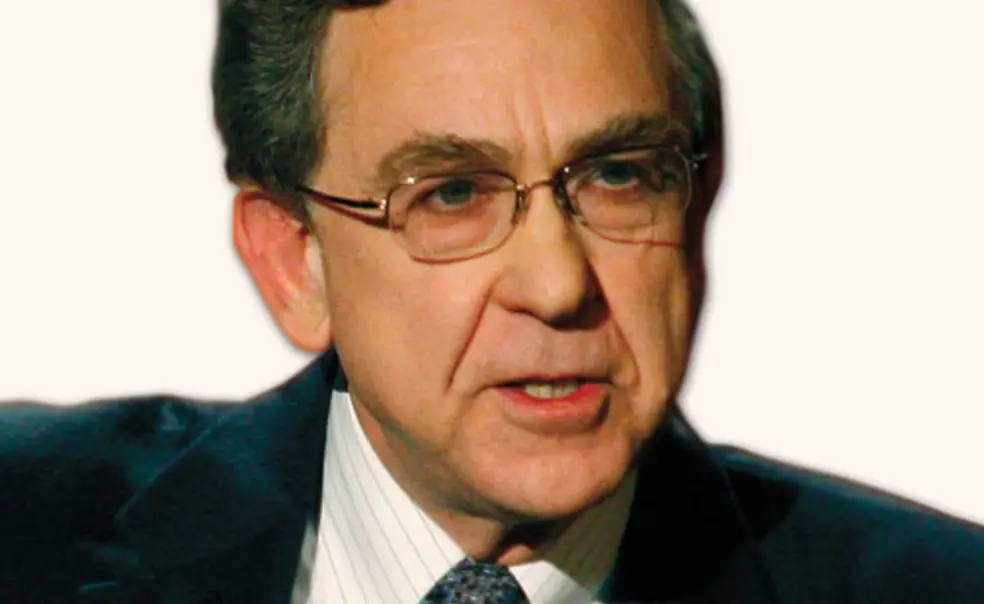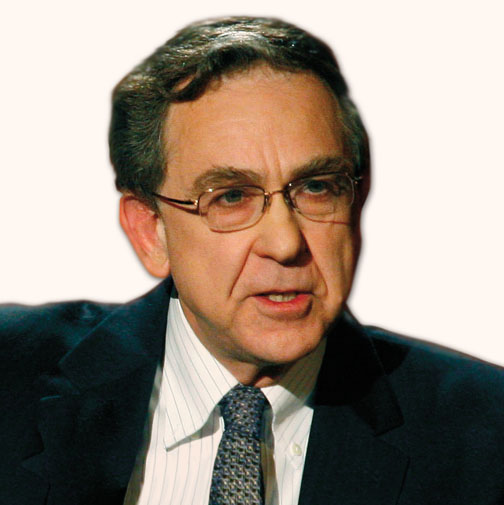A moment with ... Paul Starr, on the future of health-care reform
Why was the Obama administration able to enact a health-care reform bill when the Clinton administration failed in 1994?
First, there was more consensus this time among congressional Democrats, the president, and major interest groups about what should be done. As a result, there was no split over rival reform plans, and interest-group opposition was far more limited than in 1994. Second, from July 2009 to January 2010, Democrats had 60 votes in the Senate. It was because they had those 60 votes and were able to hold them together that they were able to get the bill through. The Senate Democratic caucus this time had fewer conservative members. Finally, the congressional leadership — Nancy Pelosi and Harry Reid — and the key committee chairs were more committed and effective than their counterparts in 1994.
Can efforts to repeal health-care reform succeed?
Tell me who wins the 2012 election, and I can answer that question. The major provisions of the legislation expanding coverage could well be repealed in 2013 if Republicans win both the White House and the Congress.
Will the mandate requiring people to purchase insurance survive court challenges? Some judges have ruled it’s unconstitutional.
The legal survival of the individual mandate probably depends on a single person, Justice [Anthony] Kennedy. There is no way to predict how that decision will go. If the Democrats still controlled Congress, they could modify or even replace the individual mandate. But it is very unlikely that a Republican House will agree to amend the law in a way that would help it survive a constitutional challenge.
Why do so many senior citizens oppose the health-care plan?
Many seniors have come to believe that any savings the plan achieves will come at their expense, which is not true. When we passed Medicare in 1965, the hope of many people was that it would become the basis for a universal health-insurance system. It is a terrible irony that many of the elderly now oppose extending the protections they enjoy to other people who have been left out.
Will the health-care plan reduce health-care expenditures?
In the short term, the plan provides health insurance to more than 30 million people who do not have it, without increasing total health-care costs. That is a great accomplishment. It also puts in place mechanisms that could reduce health-care expenditures dramatically over the long run, although it does not guarantee that result. If we follow through with the law and make full use of its provisions, we will be able to get better control of costs than if we didn’t have the law. Ultimately, the expansion of coverage will not survive unless the growth in costs is reduced.
You wrote just after the midterm elections that we were heading for a period of legislative gridlock, yet the lame-duck session of Congress was very productive. Do you still see gridlock ahead?
Yes. Legislation got through in the lame-duck session because everyone, including Republicans, was expecting deadlock in the new Congress. That was the last chance to get anything done. I suppose there could be an energy bill or an education bill this year, but we are first going to have to see what happens with appropriations and legislation to raise the debt limit. We’re likely to see a confrontation similar to the one between [President] Clinton and [House Speaker Newt] Gingrich in 1995. The big difference is that in 1995, the economy was growing rapidly and generating higher revenues. Within a few years, what seemed to be a staggering deficit turned into a huge surplus. But almost all of that was due to the performance of the economy. If we don’t have that kind of economic growth now, we are not going to be able to get out of the bind we are in without an even bigger confrontation over taxes and social spending.
— Interview conducted and condensed by Mark F. Bernstein ’83













No responses yet